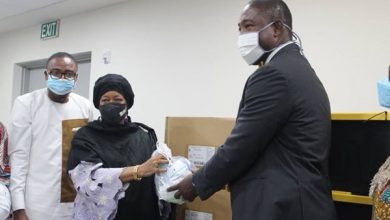Movement for Change calls for merger of anti-corruption agencies to strengthen fight against corruption

The Movement for Change has called on President John Dramani Mahama to consolidate several anti-corruption agencies in a bid to strengthen the fight against corruption.
The group proposes merging the Office of the Special Prosecutor (OSP), the Economic and Organised Crime Office (EOCO), the Commission on Human Rights and Administrative Justice (CHRAJ), the Criminal Investigative Department (CID), and the National Security. They believe that combining these bodies will improve efficiency and provide clearer direction in tackling corruption.
At a press conference in Accra on February 18, 2025, the group explained that such a merger would help clearly define corruption-related crimes and introduce harsher penalties for public officials and political appointees found guilty.
The Movement for Change also suggested that all public officials be required to declare their assets and undergo regular lifestyle audits. These declarations should be thoroughly monitored to prevent officials from accumulating unexplained wealth while in office, a measure the group believes will deter corruption.
A major proposal from the group is to reform Ghana’s procurement system. They argue that the current system often rewards contracts based on political ties rather than merit. By revising procurement laws, they hope to ensure greater fairness and accountability in government spending.
Additionally, the movement advocates for greater public involvement in the fight against corruption. They propose an Anti-Corruption Citizens’ Charter, which would empower the public to act as watchdogs, offer legal protection for whistleblowers, and provide rewards for those who expose corruption.
The group also called for increased support for civil society organizations combating corruption.
According to the Movement for Change, the government must take decisive action against corruption rather than offering empty promises. They stress that without robust laws and independent institutions, corruption will continue to undermine the country’s progress and erode public trust in the government.





